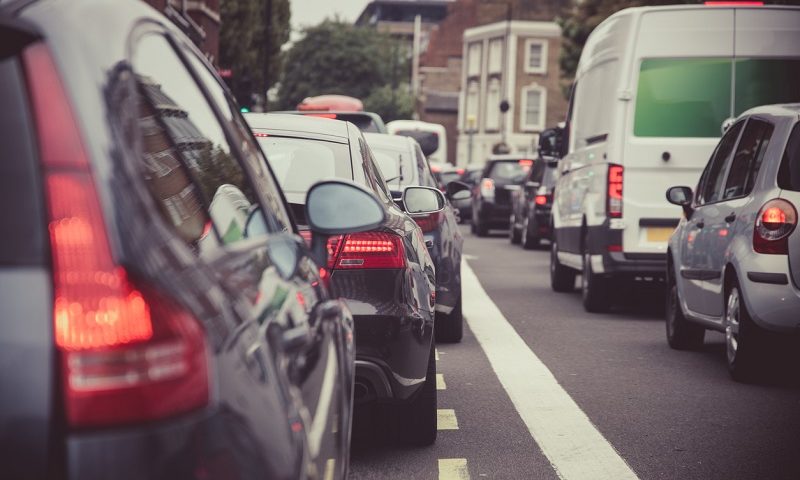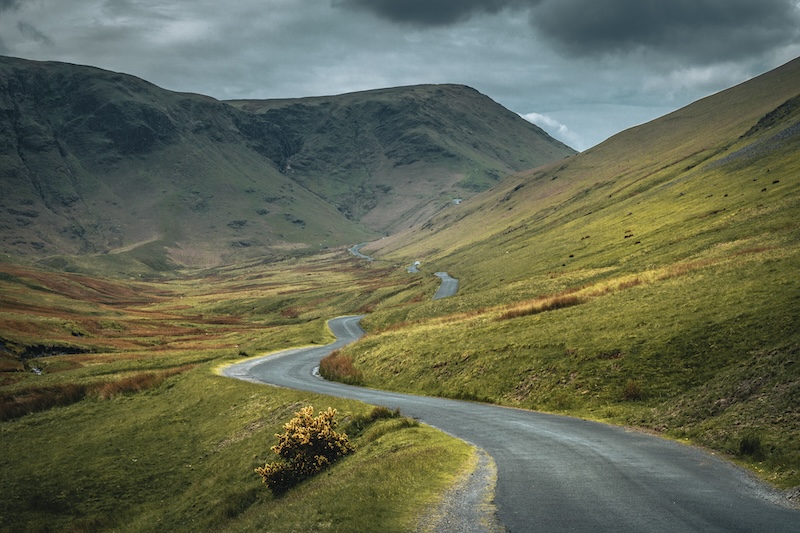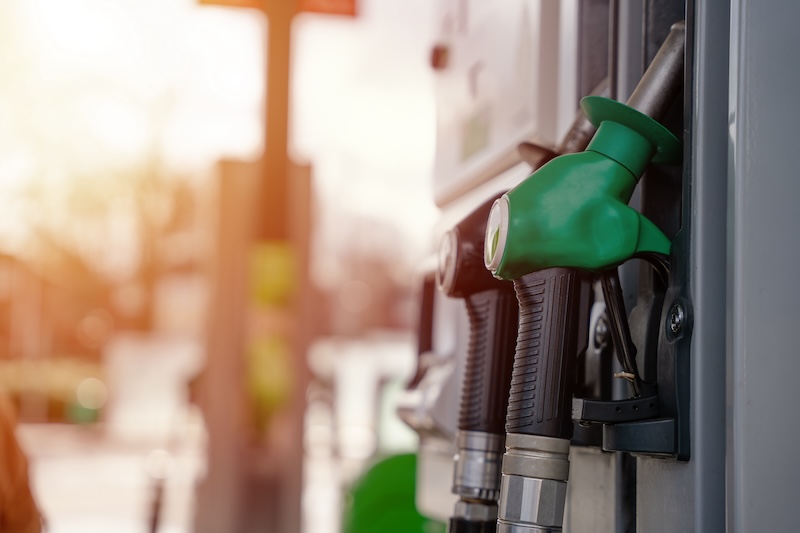Congestion could cost UK £15 billion a year

Have you used your car more during the pandemic? You’re not alone…
Government figures show weekday car traffic has now returned to 88% of pre-coronavirus levels – despite just 59% of employees having returned to their normal place of work.
Cycling UK claims road congestion could cost the UK a huge £15 billion a year, if habits continue.
Congestion on the rise
The impact of rising traffic could be “crippling” unless more is done to encourage people to walk and cycle shorter distances, Cycling UK warns.
According to the charity, last year’s £7 billion congestion bill, calculated by traffic information supplier Inrix, could more than double if current traffic trends continue past the pandemic.
To add further fuel to the fire, a recent RAC survey indicated a decline in the number of people who say they would use their cars less once the coronavirus pandemic ends and public transport services improve.
Cycling UK Head of Campaigns Duncan Dollimore said many people use their car for short trips “because they don’t think there’s a realistic alternative”.
“Nobody’s suggesting that every one of those journeys will be walked or cycled, but a lot of them could be.
“What we need to make sure we get right for post-pandemic UK is the creation of other options for those shorter journeys to driving. That means cycle lanes separated from traffic, and low traffic neighbourhoods (LTNs).”
The true cost of traffic
Even before the pandemic, 78% of residents in UK cities supported building more protected roadside cycle lanes, creating alternative transport options for commuters and reducing traffic.
Many councils in England have also used Government funding to install LTNs, which often include closing roads to motor traffic.
However, opponents claim many of these low traffic measures have made congestion worse, and have even convinced some councils to suspend or downgrade their programmes.
Philip Harrison, Strategic Project Lead for Clinical Improvement at University Hospitals Birmingham, commented on the impact of rising traffic levels on public health services.
He said: “We see the impact that the overuse of cars, vans and trucks has on our staff and patients on a daily basis.
“Delays to vital ambulance services caused by congestion; illnesses exacerbated by pollution; injuries which are a direct result of our over-populated roads.
“These problems can be tackled if people have safe, attractive alternatives to driving for those shorter journeys.”
Has your car been a lifeline during lockdown? According to a recent poll, more of us are relying on our cars than ever before.


